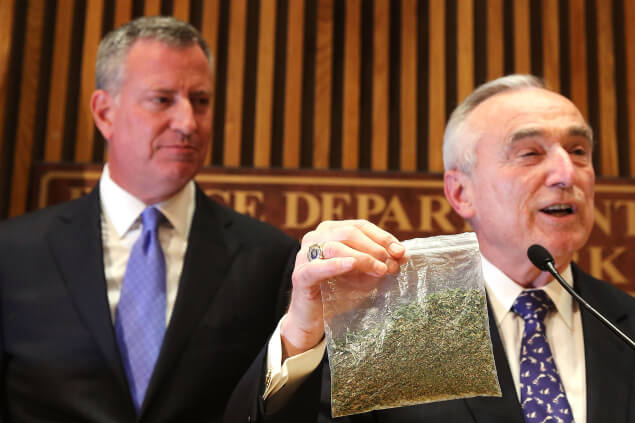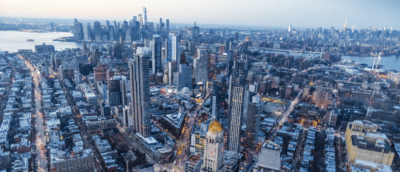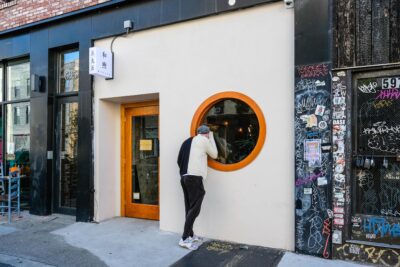Marijuana Arrests Down Sixty Percent Following New Policy

Commissioner Bratton demonstrating, with oregano, what 25 grams looks like. Photo by Spencer Platt/Getty Images
At yesterday’s press conference to announce that NYPD officers will soon begin wearing body cameras, Mayor de Blasio made another important announcement that has gone somewhat overlooked: marijuana arrests have declined precipitously since the implementation of a new policy that allows the majority of people carrying 25 grams or less of the drug to walk free. “In the two full weeks since the policy was implemented, low level marijuana arrests are down more than 60 percent,” de Blasio said.
According to police statistics, from November 19, the day the shift went into effect, through the end of the month, there were 306 arrests, down from 789 over the same period last year. Small sample size caveats apply, of course. But as DNAinfo reports, year-to-date marijuana arrests are also down: 25,247 versus 26,742 this time last year, a decrease of almost six percent. And nearly one-third of the decrease has occurred in the scant two weeks since the new policy, a hopeful sign for marijuana enforcement going forward.
As a refresher: the new policy establishes that most New Yorkers caught carrying 25 grams or less of marijuana will be issued a court summons and a fine ranging from $100 to $250, instead of being arrested, booked, and charged with misdemeanor possession. (The “most” grants latitude for officers to use discretion and make arrests for offenders who, for example, have prior convictions or outstanding warrants.)
The law on the books states that in order for an arrest to be made, the drug must be exposed to public view, which most often happens during a stop-and-frisk. In a separate press conference yesterday with NYPD Commissioner William Bratton, de Blasio stated that stop-and-frisks were down 79 percent through September.
While the new policy is a now demonstrable step in the right direction, there remain many questions about its overall impact, notably about the lack of prosecutorial review and whether or not the city’s already-clogged summons courts can handle the increased traffic. Almost no one is against the policy, but critics of its shortcomings include Brooklyn District Attorney Kenneth Thompson, Bronx Councilman Ritchie Torres, and Staten Island Daniel Donovan.
You might also like 



















